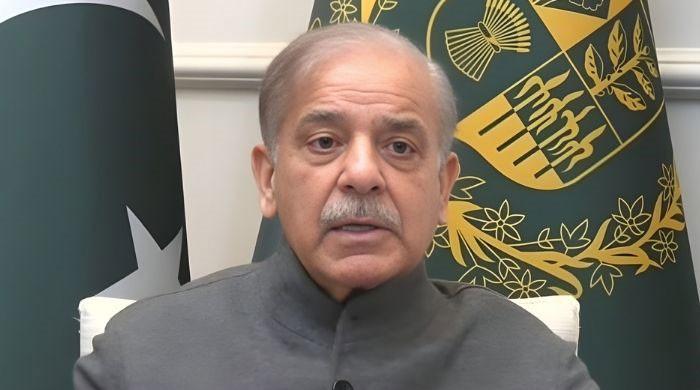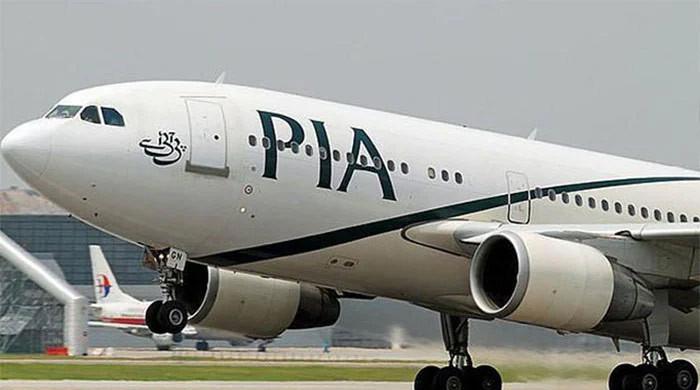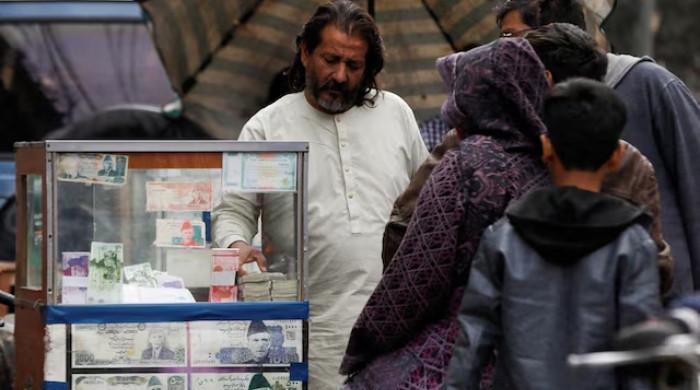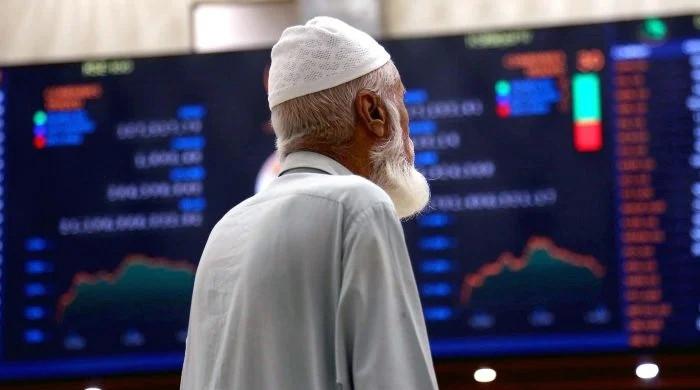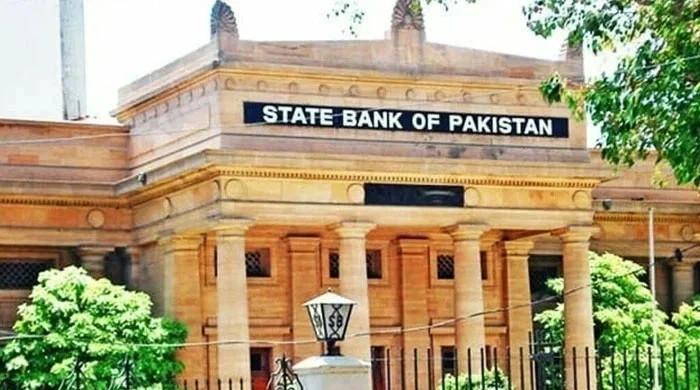Eurozone agrees Greek bailout payment, IMF comes on board
"Nobody claims that this is the best solution. This is a second-best solution, but it's not a bad solution"
June 16, 2017
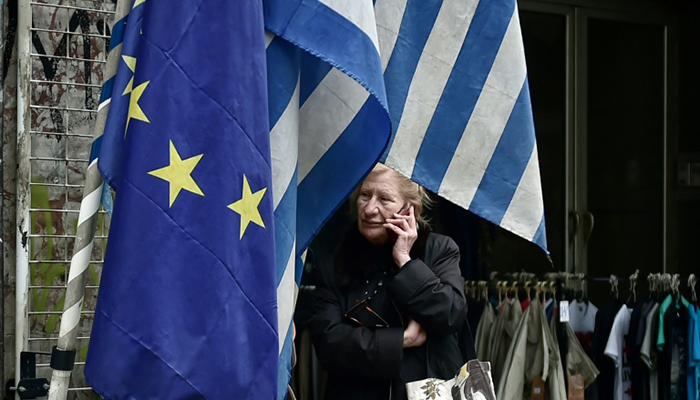
Eurozone ministers struck a long-delayed bailout deal with Greece on Thursday to unlock badly needed rescue cash, but warned Athens would have to wait for debt relief.
After hours of talks in Luxembourg IMF chief Christine Lagarde and the eurozone's 19 finance ministers greenlit a payout of 8.5 billion euros to avoid Athens defaulting in July and avert another summer of Greek crisis.
Payment of the latest tranche of Greece's 86-billion euro ($97-billion) bailout, agreed in 2015, has been held up for months by a row over its needs for debt relief which has pitted bailout-weary Germany against the International Monetary Fund (IMF).
"I am pleased to announce we have achieved an agreement on all elements," Eurogroup head Jeroen Dijsselbloem told a news conference in Luxembourg.
"I think this is a major step forward," he added.
In a breakthrough, Lagarde agreed in Luxembourg that the Washington-based IMF would join Greece's massive bailout, but said any payouts depended on the eurozone coming up with a full debt relief plan.
"Nobody claims that this is the best solution. This is a second-best solution, but it's not a bad solution," said Lagarde, a former French finance minister.
Greater clarity
The deal averts a repeat of the summer of 2015 when Greece spectacularly defaulted on an IMF loan, and allows Athens to meet seven billion euros of debt repayments due in July.
"We feel that after this Eurogroup there is much greater clarity for both the Greek people and the financial markets," Greek Finance Minister Euclid Tsakalotos said after the talks.
"There is now light at the end of the tunnel," he said.
Athens had insisted all week it would veto the deal, bitter that the latest disbursement would come without firm debt relief commitments after it delivered on tough reforms.
As a consolation, in a compromise negotiated by France, Greece won a certain amount of clarity from the eurozone on debt relief, including an agreement to link debt repayments to Greek growth.
Debt relief "will be implemented at the end of the programme, conditional on its successful implementation" in 2018, said Dijsselbloem, who is also Dutch finance minister.
Exit strategy
The eurozone will now draw up an "exit strategy" over the next year "to enable Greece to stand on its own feet again", Dijsselbloem said.
He thanked the "Greek people for their intense efforts and resolve" after the government in Athens passed the latest in a series of tough reforms to get the cash.
After three bailouts, Greece's debt currently stands at a staggering 180 percent of annual output, by far the biggest national debt pile in Europe.
The IMF, which took part in Greece's two first bailouts, has long insisted that more debt relief was a necessary step to put the economy back on track.
But Berlin, Greece's sternest critic and biggest lender, has resisted any fresh commitment to debt relief, saying Athens doesn't need it and must continue reforms.
The IMF's decision to come on board was therefore a breakthrough. Lagarde said it would put $2 billion into the programme.
Lagarde's move is controversial, with critics accusing the Washington-based organisation of bending its own rules to satisfy Berlin.
The IMF had insisted repeatedly that Greece's debt is not sustainable, and that the country would require significant debt relief from Europe before the fund could approve a new loan programme.
Greece nearly crashed out of the euro in 2015 after a furious fight over the bailout deal, and says its fragile recovery has suffered from the most recent delay.
In an emotional editorial published on Wednesday in France, Greek Prime Minister Alexis Tsipras said Thursday's meeting was "essential" for the "future of Europe".




